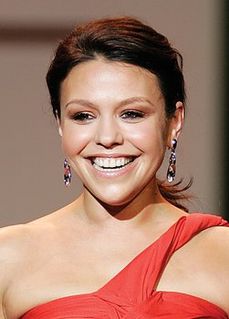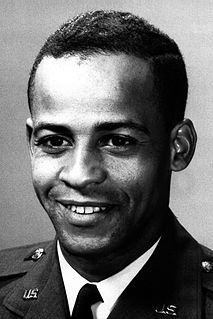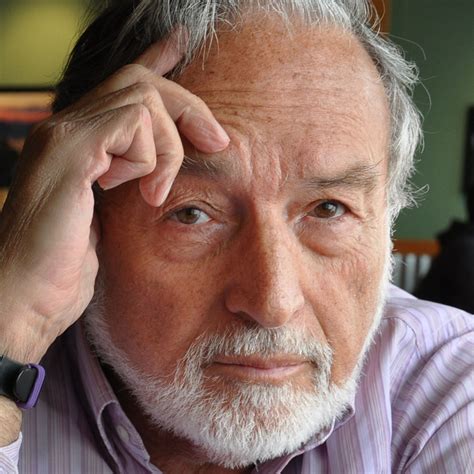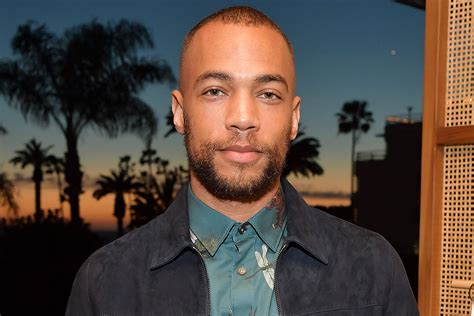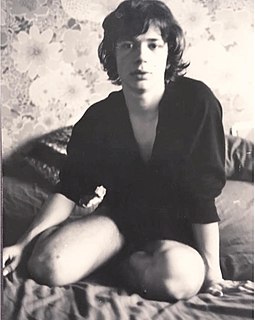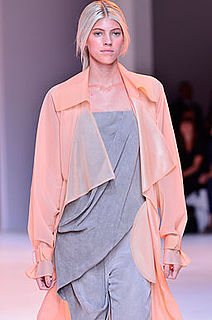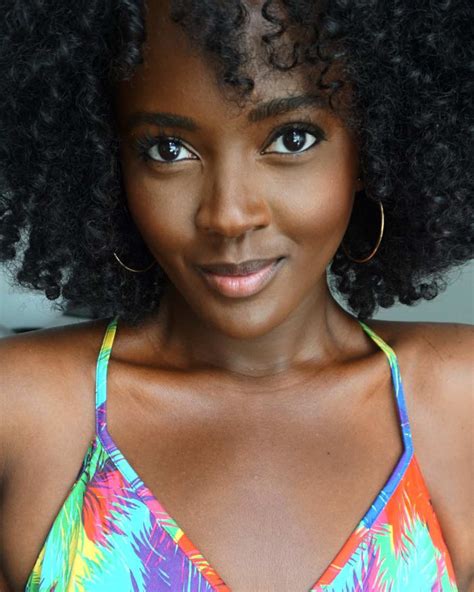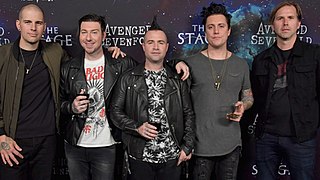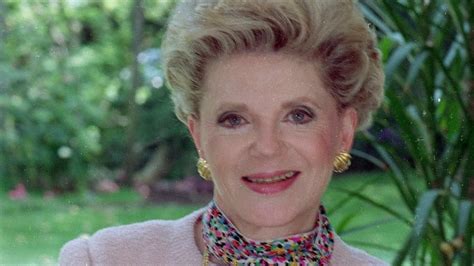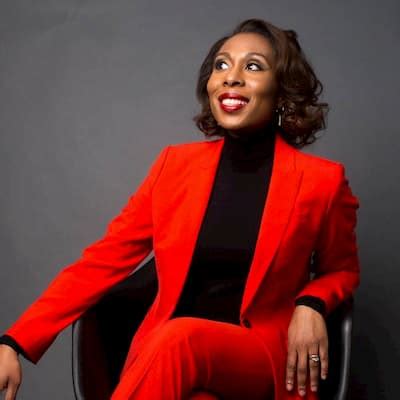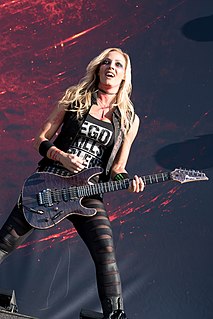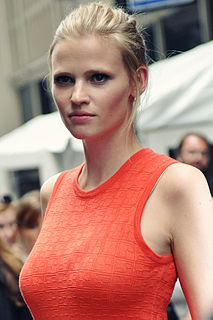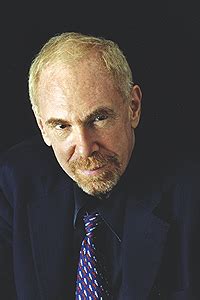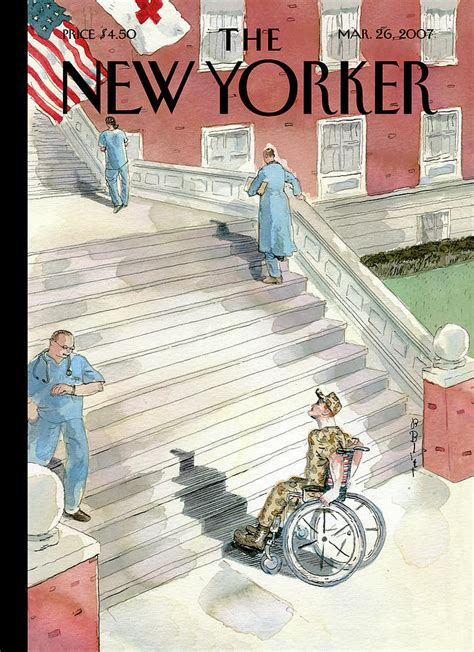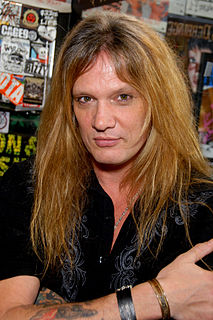Top 1200 Magazine Quotes & Sayings - Page 2
Explore popular Magazine quotes.
Last updated on September 19, 2024.
You look at, like, a 'People' magazine, which used to be a really good, you know, nice magazine you could go to for real stories. It wasn't like a 'Star' or an 'US Weekly' and they have somebody with plastic surgery on the cover, Heidi Montag. And it's obviously what consumers want, because why else would they be doing it?
The editor needs to put his own life on hold for the better of the magazine, the crew, and the readers. And to have a bigger vision of the magazine's style and an understanding that every [issue] should be well-balanced and hopefully surprising. To have a pink wall with a door of perception where he can bang his head on.
First, at a certain point, I wanted to have my own magazine, but I never could. Why? Because I am not commercial enough. The people who would have been able to give me my own magazine, they were not insulting me, but they would simply say, "It wouldn't work for you." And that was a big disappointment to me.
During the Second War, the U.S.O. sent special issues of the principal American magazines to the Armed Forces, with the ads omitted. The men insisted on having the ads back again. Naturally. The ads are by far the best part of any magazine or newspaper. More pains and thought, more wit and art go into the making of an ad than into any prose feature of press or magazine. Ads are news. What is wrong with them is that they are always good news.
And when you get an eminent journal like Time magazine complaining, as it often has, that to the young writers of today life seems short on rewards and that what they write is a product of their own neuroses, in its silly way the magazine is merely stating the status quo and obvious truth. The good writing of any age has always been the product of someone's neurosis, and we'd have a mighty dull literature if all the writers that came along were a bunch of happy chuckleheads.
Actually, I started as a ventriloquist and my music teacher said, "Why don't you emcee the talent show?" My act was out of the back of Boys' Life magazine-they had a whole series of jokes in the back of Boys' Life magazine for Boy Scouts. So my act was jokes with my ventriloquist figure, and it was really bad, but I walked into the classroom afterward and the kids went, "Wow, you're cool." I wasn't cool at all, but I thought, "Well, this is a pretty good deal."
If a magazine proudly labels itself 'The Economist,' you would expect that publication to understand the economic burdens of today's youth. But when a tone-deaf writer at the magazine tweets an article asking 'Why aren't millennials buying diamonds,' it pretty much sums up how oblivious some can be in matters they're supposed to be experts in.
I have written some poetry and two prose books about baseball, but if I had been a rich man, I probably would not have written many of the magazine essays that I have had to do. But, needing to write magazine essays to support myself, I looked to things that I cared about and wanted to write about, and certainly baseball was one of them.
In September 2005, I was three things: the media blogger for 'FishbowlNY,' a maniacal Daily Show fan, and the only person to smuggle a tape recorder and camera into a big Magazine Publishers of America event featuring Jon Stewart interviewing five hotshot magazine editors in an unbelievable bloodbath.
After eating, an epicure gives a thin smile of satisfaction; a gastronome, burping into his napkin, praises the food in a magazine; a gourmet, repressing his burp, criticizes the food in the same magazine; a gourmand belches happily and tells everybody where he ate; a glutton empraces the white porcelain alter, or more plainly, he barfs.
As late as the summer of 1941, the Atlantic Monthly, then a still respected magazine for literates and edited by White men, published a long article by Albert Jay Nock, in which he proved that the Jews are an Oriental race that is incompatible with ours. He was not punished and the magazine was not destroyed, strange and almost incredible as that seems today.
In order for a person of color to get on a cover of a magazine, they have to do something prolific - winning an Oscar, being the first billionaire, you know, or whatever. I think it's becoming more natural that somebody can get on the cover of a magazine just because they're an amazing person. That's what it should be.
Sven Schumann did an interview with photographer Wolfgang Tillmans in Berlin addressing the question: What is photography today when everyone is a photographer? These kinds of questions and answers you find in a magazine, on paper and not on Instagram. For me this is the essence of a magazine - it's questioning what's going on today and celebrating true creativity without compromise.
When I graduated high school, nearly a half-million people subscribed to 'Popular Electronics' magazine. Soldering up some radio or hi-fi amplifier on the basement workbench was not just a personal passion - a lot of young people were doing the same. The magazine expired in 1999 for lack of interest.
Before I went to boarding school, I had never read a fashion magazine. I grew up on a council estate in London, and fashion magazines were a luxury item that weren't even on my mind. The closest I got to a fashion magazine was my cousin's 'Top of the Pops' magazines, where we would learn the lyrics to every song and put posters on our walls.
One time I was doing an interview for a gay magazine and halfway through the journalist found out I wasn't gay. He said, 'Sorry, I can't continue the interview.' Because they only had gay public figures in their magazine. I felt so crestfallen. I wanted to tell him: but I play fundraisers for gay marriage! I'd rather my kids were gay than straight!'
The first review our band ever got - when I was 17 years old and we had just released our first EP, and this tiny little magazine wrote a review on it, and for that month, we were the best album of the month, and we were also the worst album of the month. We won best and worst album of the month in the same magazine.
We've worked together with Carine Roitfeld a lot; she's been a big supporter and helped me along with everything. Also, just the way she does her magazine - she's not afraid to do things differently or scared to put certain things in her magazine, a bit of controversy. She's a bit naughty. She likes sexy things.
The Voice did not consider itself a conventional magazine. It took me awhile to realize that it was named The Voice for a reason. They wanted voices. At the time, good magazine stories were still believed to be written in the third person based on the false belief they were more objective. Of course some conventional stories require third person, but in the really interesting stories - the ones I got do to at The Voice and Esquire - were about subjectivity, subjectivities.
I wrote a letter to the magazine [Time magazine] pointing out that [Richard] Corliss's comparison of Christopher Lee's Saruman to Osama Bin Laden, and the vastly outnumbered defenders of Helm's Deep united against the Orcs to the "Coalition of the Willing" fighting the good fight against Muslim hordes, displayed the simplistic, xenophobic, and arrogant worldview that makes the government of the United States feared and mistrusted around the world. The editors claimed they had no space to print my brief letter, which I felt was dishonest and cowardly.
The magazine business is dying. It's a hard time for publishing. It does seem that everyone is much more opinionated now. I think there's probably more room for making opinionated illustrations. There was a time when Time magazine and Newsweek would have a realistic painted cover. A friend of mine used to do a lot of those paintings and he was told by the art director at one point, we are switching to photography. It seems that if someone saw a painting on a cover, it took a while to do, it must be old news. Photography became more immediate.
I have made mention of something I've found incredible a lot of times. I'm gonna remind you of it again. A TIME magazine cover back in the mid-1990s. The cover story on that issue of TIME magazine had the following headline Shock: Men and Women are Actually Born Different." When I saw that the first time, I was astounded. I cite it often, because I need to ask you a question: What must you think, what must you believe if you come across research that tells you men and women are born different?
I had done an interview with 'Hello' magazine. In it, they asked me if I was going to marry Emily Blunt. Of course, what was I going to say? I said, 'Oh yeah I am going to marry her and I love her and all of this stuff.' It's true. I was making a joke. They said to me, 'Have you asked her?' I said, 'Have I? Maybe I am asking her through the magazine.'











